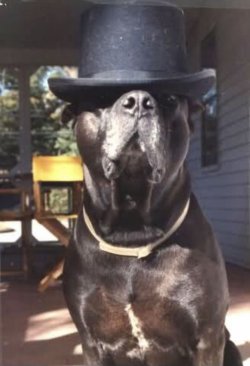isshinryuronin
Senior Master
- Joined
- Feb 28, 2019
- Messages
- 2,528
- Reaction score
- 2,756
There have been times when TMA was suppressed by the government in China and Okinawa, but it found ways to live on. Check out this video and see one way this was done.
If you are familiar with Kusanku, passai or pinan 4 you recognize some of their moves in this dance. The several moves after .25, .42, 1.07 and 1.42 in the video. There are better examples of Okinawan folk dance with hidden karate, but I really like this one. Very entertaining and charming as well.
If you are familiar with Kusanku, passai or pinan 4 you recognize some of their moves in this dance. The several moves after .25, .42, 1.07 and 1.42 in the video. There are better examples of Okinawan folk dance with hidden karate, but I really like this one. Very entertaining and charming as well.
Last edited:

